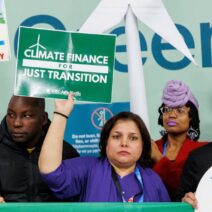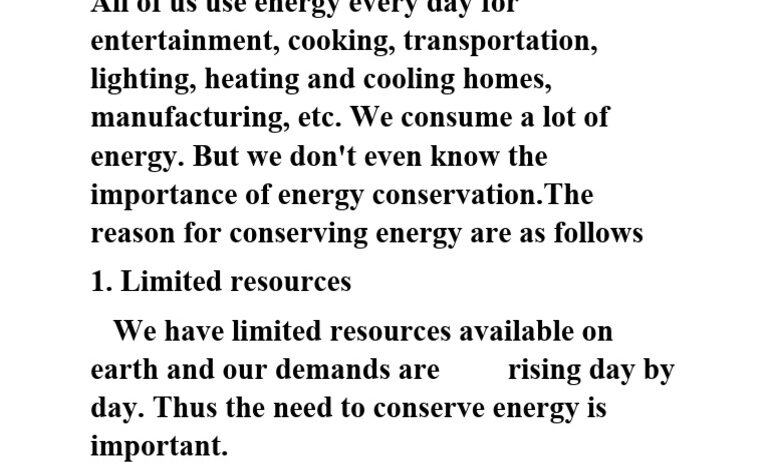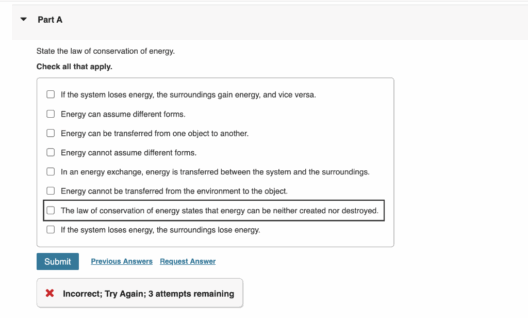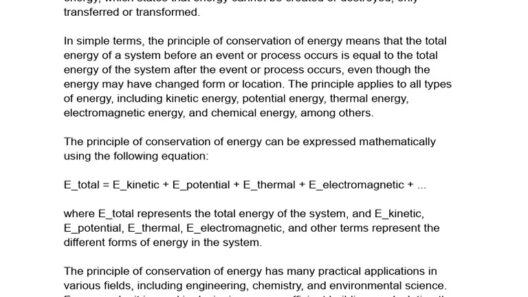In a world brimming with challenges, the need to conserve energy stands out like a beacon of hope. Much like a gardener who tends to every plant to produce a bountiful harvest, so too must we nurture our energy resources. The act of conserving energy is not merely an act of frugality; it is a profound commitment to the well-being of our planet and future generations. Energy conservation is essential in creating a sustainable lifestyle that harmonizes with nature. This article delves into the myriad benefits of reducing energy use, illuminating its critical importance in both individual and collective contexts.
The Ripple Effect of Energy Conservation
Every action has a reaction, and energy conservation is no different. When we conserve energy, we not only reduce our immediate consumption but set off a chain reaction that reverberates through the ecosystem. Think of energy like water flowing through a river; if we slow down the current, we allow for the ripples to broaden and deepen, reaching far beyond our immediate vicinity.
One direct benefit of conserving energy is the reduction of greenhouse gas emissions. The energy sector is a significant contributor to these emissions. By curtailing our energy use, we diminish our reliance on fossil fuels, which are the primary culprits behind global warming. This act, though seemingly individualistic, contributes to larger efforts to combat climate change—a monumental and existential crisis facing humanity.
Moreover, energy conservation plays a pivotal role in lessening air pollution. With lower energy demand, less coal and natural gas are burned, which translates to cleaner air for us all. This is particularly essential in urban areas where air quality issues plague the health of millions. The sidewalks, once heavy with smog, can be cleared for people to breathe freely, reminding us that cleaner air is not merely a luxury; it is a necessity.
Fostering Economic Resilience
Energy conservation doesn’t just serve the environmental agenda; it is also a potent ingredient for economic resilience. Consider energy bills as an unwelcome houseguest who overstays their welcome. By reducing energy consumption, households and businesses alike can save substantial sums of money. These savings can be redirected into local economies, fostering community growth and innovation. It’s akin to redistributing wealth within a community, enabling individuals to invest in education, health, and sustainable practices, thus nurturing an environment where everyone thrives.
Additionally, as energy demands fluctuate, so too does the market for renewable energy. By conserving energy, we support the shift from traditional energy sources to renewable ones, such as wind, solar, and hydro. This transition not only has the potential to create more jobs in these burgeoning sectors but also secures energy independence for nations. The move towards renewable resources highlights a shift in paradigm from consumption to sustainability—an integral aspect of an enlightened society.
Environmental Stewardship and Ethical Responsibility
At the heart of energy conservation lies a profound ethical responsibility towards our planet and its inhabitants. Think of it as sharing a communal garden; if every individual takes only what they need and leaves enough for others, the garden flourishes. Our planet’s resources are finite, and it is imperative that we act as stewards, ensuring that they are available for future generations. By conserving energy, we demonstrate our commitment to environmental stewardship, showing respect for the intricate web of life that depends on these resources.
Your individual efforts may seem insignificant against the enormity of global energy consumption, but collective actions have a monumental impact. When communities rally to reduce energy usage, a culture of sustainability takes root. This culture encourages shared values and inspires further actions in other facets of life, including waste reduction, water conservation, and sustainable transportation—each a thread woven into the fabric of a healthier planet.
Innovative Pathways Forward
As we move further into the 21st century, innovations in energy conservation offer unprecedented opportunities for a sustainable future. Technology continues to evolve, providing new methods to reduce energy consumption effectively. Smart home devices, real-time energy monitoring, and efficient appliances can help individuals track and minimize their energy use. The integration of these technologies into everyday life is akin to having a personal trainer for energy management, continually pushing one towards improvement.
Education also plays a vital role in fostering a culture of sustainability. Schools, community organizations, and governments can bridge the knowledge gap, empowering citizens with information on energy conservation techniques. Classes teaching how to retrofit homes for energy efficiency or promoting sustainable practices can ignite passion and action across demographics.
In summation, the importance of conserving energy cannot be overstated. It is an act steeped in environmental integrity, economic prudence, and ethical responsibility. The benefits extend far beyond personal savings or reductions in pollution; they encapsulate the essence of human connection to nature and the duty we bear to foster a world where resources are treasured, not squandered. As we stand at the crossroads of a critical moment in history, embracing energy conservation emerges as a cornerstone of our collective progress. By nurturing the delicate balance between consumption and conservation, we lay the groundwork for a vibrant, enduring relationship with our planet. In this context, conserving energy is not just an option; it is an imperative for a thriving, sustainable future.








